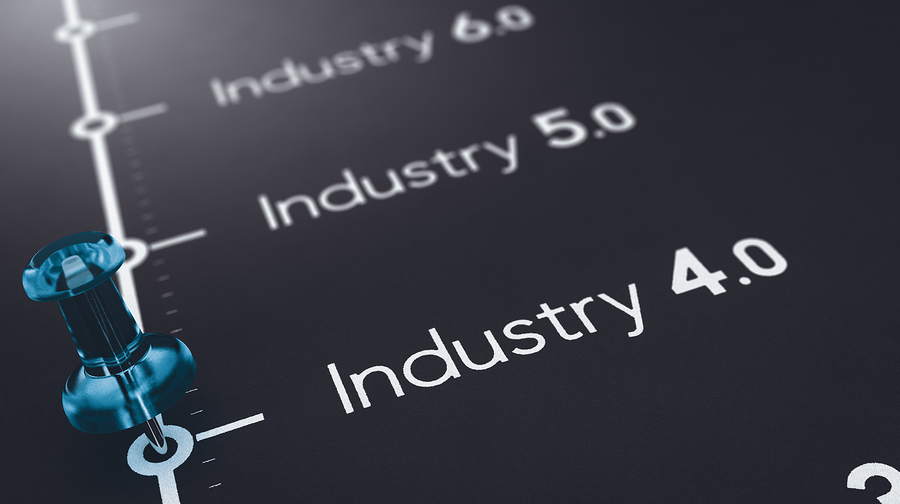The business world has been abuzz with Industry 4.0 for some time now. This fourth industrial revolution is, according to Forbes, “the idea of smart factories in which machines are augmented with web connectivity and connected to a system that can visualize the entire production chain and make decisions on its own.”
So what exactly is Industry 5.0?
Industry 5.0 will be a manufacturing game-changer, and it’s coming on fast. Industry 5.0 means that man and machine will work together almost seamlessly, weaving the human element into emerging technologies to create long-term efficiencies, successes, and even new markets.
Soon, machines will be working hand-in-hand with humans to push out better products. The human touch is coming back to industrial production.
Cloud-based Manufacturing ERPs Win With SMBs
Historically, it’s been the big enterprise companies at the front of these technology advances, but that’s not so true anymore. Cloud-based manufacturing solutions at affordable prices have leveled the playing field, and small and medium-sized businesses are adopting new technologies more readily than the big players. Still, many haven’t made that leap to Industry 4.0, much less made themselves ready to embrace 5.0 when it arrives.
Industry 4.0 Technology
Those Manufacturing SMBs who have made the move to Industry 4.0 technology through modern manufacturing ERP software are already seeing the benefits:
- Cloud computing and mobility: The Aberdeen Group states in no uncertain terms that manufacturers undergoing digital transformation to reach Industry 4.0 standards should do so through the cloud. SaaS (Software as a Service) applications outpace on-premises ones in terms of improved inventory turns, better on-time deliveries, and reduced OpEx, as well as lower administrative costs.
- SaaS applications also enable users to have anytime, anywhere access to the business by way of their mobile devices. A salesperson, for instance, can connect from the field to their manufacturing software and fulfill a build-to-order configuration on the spot.
- Internet of Things (IoT): Sensors connect devices to each other and the core manufacturing system, then collect data for analysis in the form of Key Performance Indicators. This saves an incredible amount of time and labor. In the past, someone had to note these data outputs and key them into the system. Once those KPIs from the sensors are in place, then data analytics and business intelligence (BI) come into play.
- Data Analytics and BI: Industry 4.0 manufacturing ERP systems can perform as a sort of third-party data warehouse, utilizing innate data analytics and BI capabilities to sort through piles of data, provide real time displays of results, and even offer predictive analytics to help illuminate the best path forward.
- Robotics: The rise of robotics shouldn’t bring a rise in fear, whether that be fear of the unknown or of losing jobs. Companies that invest in robotics rarely lay off human workers. Instead, they invest in reassigning or retraining people for higher-level functions.
Robots have proven to improve productivity, safety, and product quality. They’ve also allowed manufacturing companies to compete with either larger manufacturers or organizations in other countries who have already embraced automation.
Industry 4.0 continues to transform the manufacturing industry, and with good reason. All these new cloud-based technologies are helping to make SMBs more efficient, profitable, and customer-centric, but simply acknowledging that fact isn’t enough. Much wider and faster adoption of these technological advances needs to occur across the board—before we lose our national competitiveness.
Get Ready For the Future of Manufacturing With ASI
As you evaluate your cloud ERP and manufacturing software options, keep one eye firmly fixed on the future. Pay attention to what’s going to happen in the short and long term. Find out what Industry 4.0 means for your company now and what Industry 5.0 will mean for the near future. Most importantly, keep in mind the importance of an adaptable platform. The future will require manufacturing software that readily integrates with whatever new technologies come next.
Need some help getting ready for Industry 4.0 or 5.0? ASI has more than 30 years’ experience helping SMBs get connected to the right business software to drive innovation and stay on the leading edge of their competition. Contact us today and let us help you get ready for the future.

